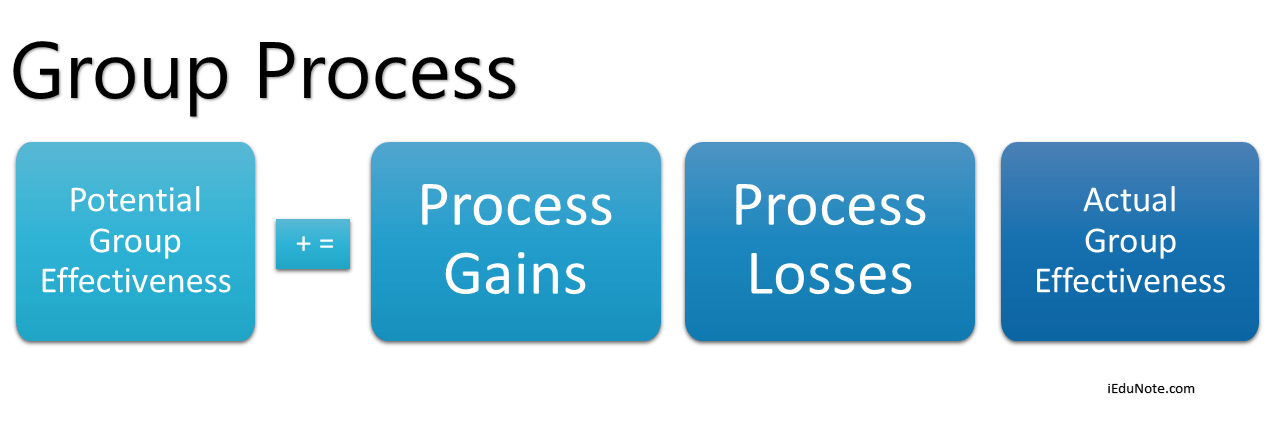Job dissatisfaction produces low morale among workers, and low morale at work is highly undesirable. If employees have the feeling that their occupations are meaningless and boring, they will have a negative attitude which will definitely lead to a decline in productivity.
The effects of low job satisfaction can be far-reaching, and this issue is of concern for small business owners as well as large companies. If employees are not happy with their jobs, several areas of their work are affected, and their behavior can also affect other employees.
5 effects of low job satisfaction are;
Job Stress
When employees are not happy with their jobs, they are much more likely to experience and report stress on the job. Workers who are satisfied or happy at work are much less likely to report feeling stressed out by their job.
This is basic human nature — if a person is not doing something he/she enjoys, chances are he/she is going to feel dissatisfied, and even little things will make him/her feel stressed out and unhappy.
High Employee Turnover Rates
Low job satisfaction also creates high turnover rates among employees. Sooner or later, the employee will quit so they can find a job they actually enjoy doing.
Many industries, such as food service, suffer from high turnover rates and the inability to retain qualified workers. It is up to small business owners and managers to find a way to increase job satisfaction, particularly in difficult industries in which the jobs are tough, and the pay is low.
Lack of Productivity
Low job satisfaction coupled with low employee morale equals a lack of productivity in the workplace. Again, we have basic human nature at work.
When someone is unhappy, they don’t focus well and they don’t pay attention to their tasks.
They find hundreds of other things to do that make them happy.
When one team member displays low productivity, it is only natural for other team members to feel dissatisfied as a result, and their productivity will begin to decline as well.
Profit
The value of the product is based on customer perception. According to Guide Star Research, part of the perception of value by the clients is the satisfaction and dedication of the employees.
Customers see employee satisfaction as a commitment by the company to general quality.
If the employees are not satisfied with their jobs, they cannot give a better service to the customers, which will lead to a lower profit level for the organization.
Customer Retention
When customers have an issue with the company or product and get excellent service from satisfied employees, that creates satisfied customers.
The company is more likely to retain satisfied clients when the staff continually shows the ability to exceed customer expectations.
Customer retention is critical in maintaining a steady flow of revenue. If the employees are not satisfied, they cannot retain valued customers.
Therefore, we can say that job dissatisfaction affects both the organization and the employees negatively. If job dissatisfaction prevails, the organization is likely to be affected by poor customer service, quality production, and profitability.
It is clear and obvious that employees lacking loyalty and commitment will show very little original thinking and will be absent very often from work.
All these, put together, will clearly result in poor performance and low profitability for the organization.

